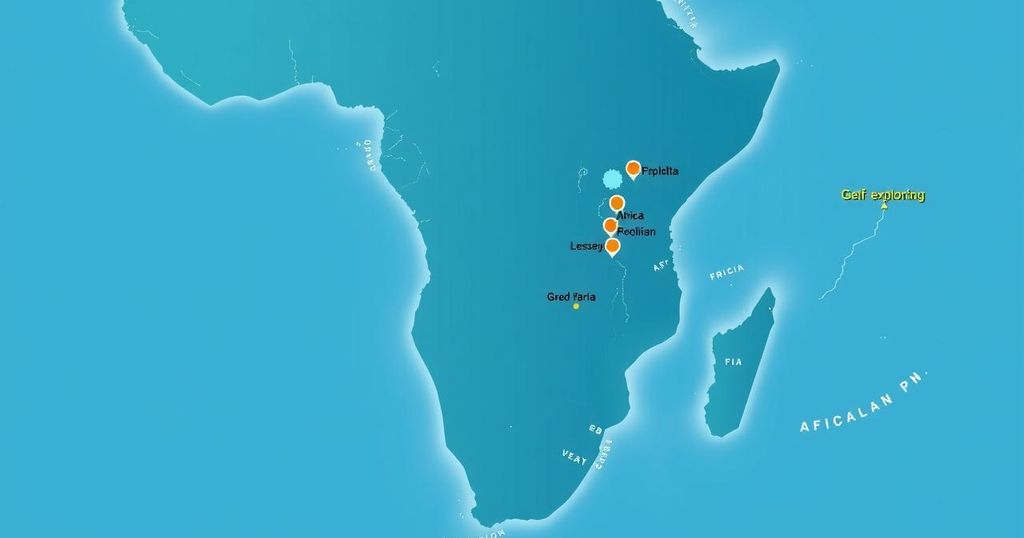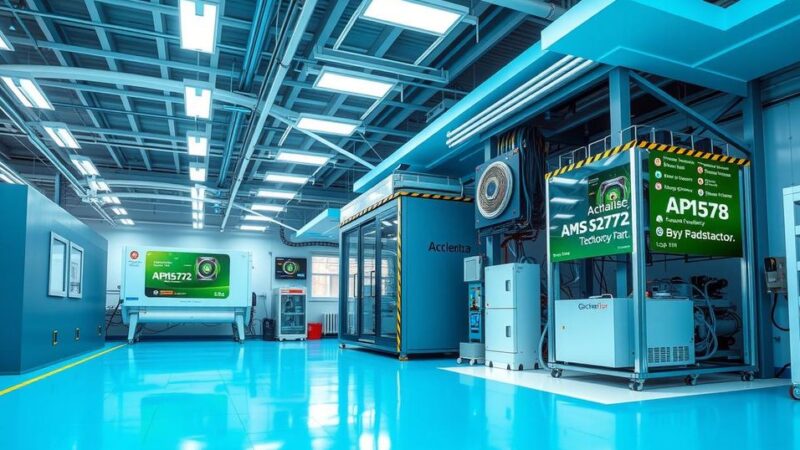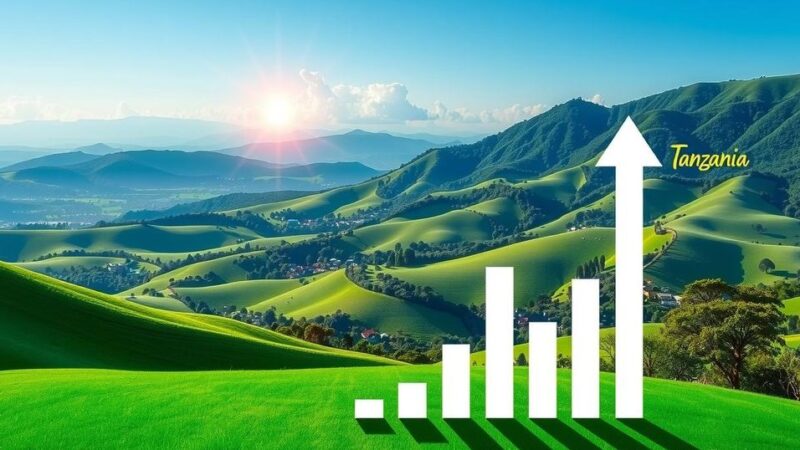Petrobras is targeting Africa for primary exploratory development outside Brazil, as CEO Magda Chambriard seeks to tap into the continent’s resources and has garnered interest from nations like Ivory Coast, Nigeria, and Angola. While advancing into Africa, Petrobras also faces internal challenges regarding influence over Braskem and must navigate fluctuating oil prices, prompting strategic cost-cutting measures ahead of its future plans.
Petrobras, Brazil’s state-run oil giant, is setting its sights on Africa as its main exploration area beyond national borders. CEO Magda Chambriard revealed in an interview on Thursday that the company aims to tap into the continent’s resources, notably after having been invited by Ivory Coast to explore its deep-water regions. This preference gives Petrobras a foothold as it considers acquiring nine exploratory blocks offshore.
Chambriard noted that countries like Nigeria, Angola, and Namibia are also keen to partner with Petrobras, highlighting the geological similarities between Brazil’s eastern margin and Africa’s coasts. “We are experts in the eastern margin of Brazil. The correlation between Brazil and Africa is unequivocal, so we need to go to Africa,” she stated, underscoring the company’s commitment to exploration amidst delays in obtaining drilling permits in Brazil.
Recently, Petrobras has been interested in acquiring stakes in overseas oil assets, particularly in Africa, as it enhances its reserves. The Brazilian company is also eyeing the Indian coast, preparing to participate in an oil block auction this July. This focus on diversification marks a significant strategy shift after previously divesting from the African market in favor of Brazil’s pre-salt fields.
These plans face the challenge of balancing President Luiz Inacio Lula’s visions for boosting the economy through Petrobras and maintaining profitability for investors. Tension remains high as Lula’s administration aims to utilize oil revenues for growth while also promoting environmental considerations ahead of the COP30 climate summit in Brazil.
Chambriard remains optimistic about achieving necessary environmental permits to commence drilling in Brazil’s Foz do Amazonas region by mid-July. Yet, as the company ventures into Africa, progress is already underway—having acquired a stake in South Africa’s offshore oil field last year and planning a drilling well in São Tomé and Príncipe shortly.
Despite these advances, the CEO mentioned that Petrobras lost out on a competing bid to France’s TotalEnergies for a share in Namibia’s lucrative Mopane field. “We hope to be invited” to partake in its development, she commented, though further details weren’t disclosed.
Faced with declining Brent crude oil prices, Petrobras is responding by streamlining operations and trimming costs as it plans for 2026-2030. In a recent earnings call, Chambriard indicated a shift toward austerity measures to meet investors’ expectations. However, she didn’t specify whether these cost reductions would affect future investments—a point of uncertainty amid Lula’s agenda promoting expansive investment.
On the home front, Petrobras is gearing up to expand its role in Brazil’s fertilizer production through the reopening of two facilities in Sergipe and Bahia by year-end. Additionally, the CEO confirmed dissatisfaction with the level of influence the company has over Braskem, the petrochemical firm where Petrobras holds a 47% voting stake. Chambriard expressed a desire for revisions in their shareholder agreement that would allow for greater say in Braskem’s operations, vital for creating synergies. “Braskem is a very important asset. But from our current point of view, Braskem’s management is not what we want,” she stated, emphasizing the need for improvement in governance at the firm.
With these strategies, Petrobras seems to be navigating a crucial phase for its future both in Brazil and abroad.
Petrobras is strategically positioning itself for growth with Africa becoming a key focus for exploration outside of Brazil. CEO Magda Chambriard emphasizes the geological similarities between the two regions, as well as partnerships with several African nations. However, the company faces challenges with local drilling permits and fluctuating oil prices, prompting cost-cutting measures ahead of its future investment strategies. Balancing these ambitions will be essential as Petrobras seeks to bolster its presence internationally while working with the domestic economic expectations of the Lula administration.
Original Source: www.marketscreener.com






